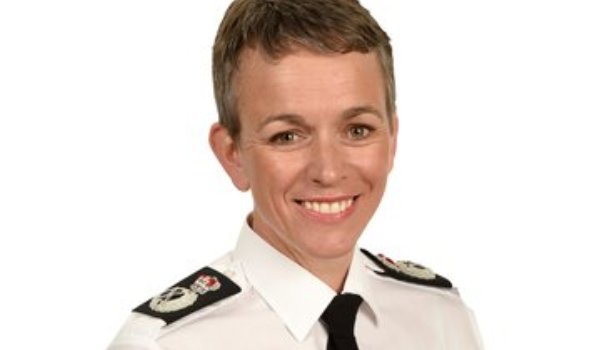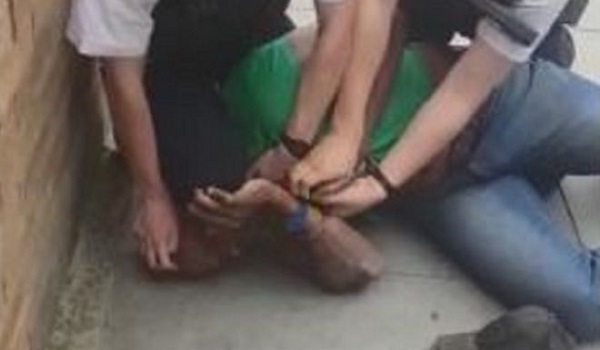Probationary officers sent to COP26 after just three weeks training
Dozens of probationary police officers were dispatched to the front line during the recent COP26 climate summit in Glasgow after just three weeks of training, it has emerged.
Scotland’s justice and social affairs magazine 1919 reports that 140 trainee officers had their usual 12 weeks of training cut short to address shortfalls in police numbers, both at COP26 and in other parts of the country.
Police Scotland confirmed the move, adding that each probationer was assessed prior to being sent out and was always paired with a senior officer.
One of the probationers, who spoke to the magazine, claimed she was abused and spat at by a man resisting arrest, who was found to be carrying a knife. She was also called to a sudden death.
The senior officer accompanying the probationer said: “I’ve got 15 years in the job and I’ve been a tutor for seven or eight years, and it’s only really when resources are rock bottom.
“She and a lot of others have just been punted out after three weeks and the only thing they know about the law is their common sense.”
It is understood the 140 officers will now continue on the front line until going back to the Scottish Police College at Tulliallan later this month to complete their training.
Deputy Chief Officer David Page said: “We utilised 140 probationers undergoing officer training with Police Scotland during the COP26 policing operation.
“The majority were sent to our local policing divisions and departments around the country and were tasked with assisting ‘business-as-usual’, while others were deployed to work specifically at COP26.
“These recruits had all received instruction in core policing skills, first aid and officer safety training prior to being deployed, and the skillset and readiness of each officer was taken into account. There were accompanied on deployment by experienced officers.”
David Hamilton, chair of the Scottish Police Federation, said: “Nobody would choose for officers with just three weeks training to be deployed in an operational environment.
“This, however, is policing in 21st century Scotland where we simply can’t afford not to use every resource that we have. I was surprised to meet a number of these probationers at COP26 as they were only ever meant to be backfilling in ‘business-as-usual’ – but they were being well looked after by their colleagues and I’m sure will have picked up some important skills and experiences.
“However, I suspect those who were working in ‘business-as-usual’ will have had the biggest shock and hope that the volume of demand, lack of resources and danger they face every day doesn’t discourage them from returning to finish their training.”







